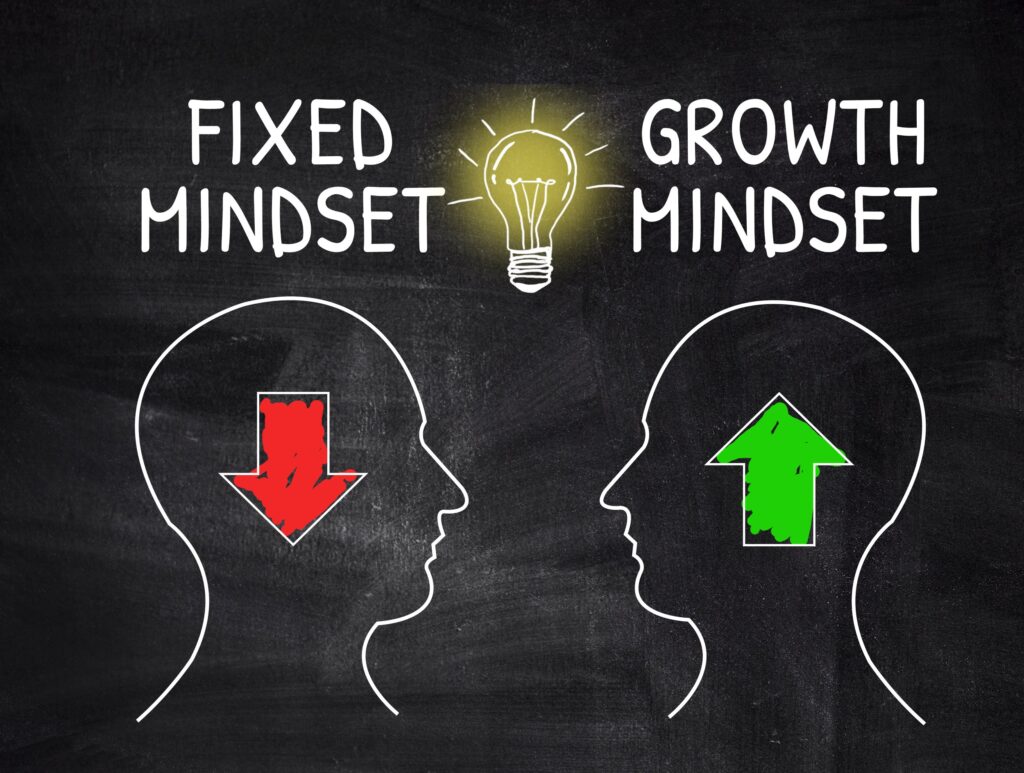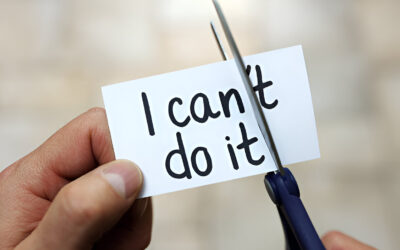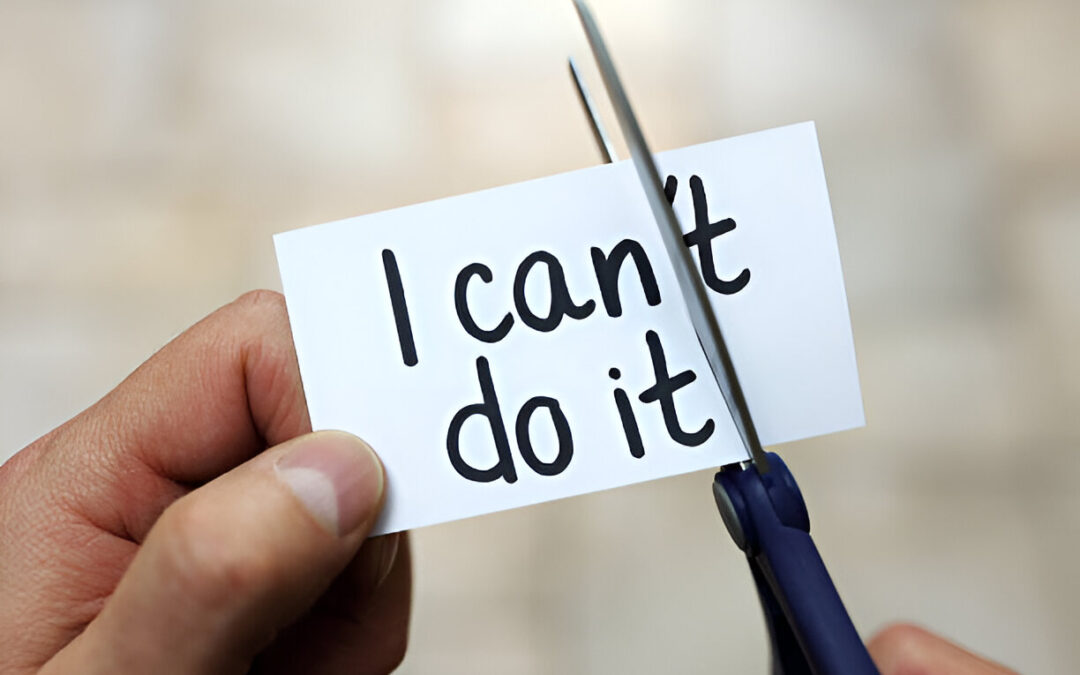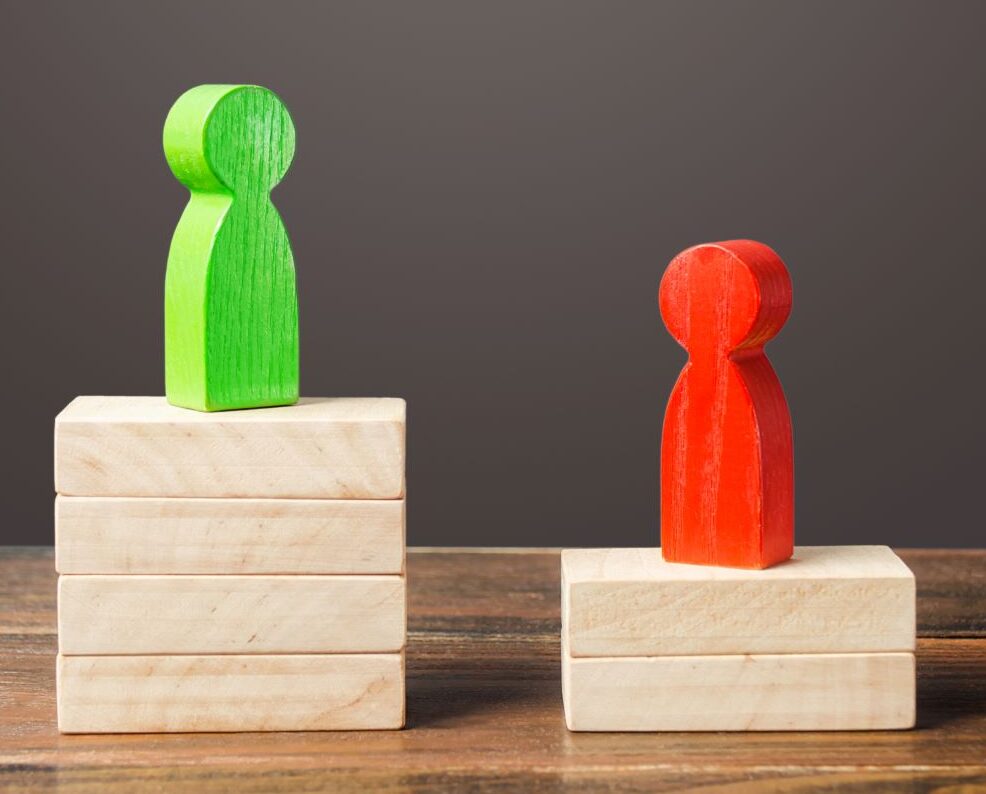Life inevitably throws curveballs. Whether it’s a personal setback, a professional challenge, a health crisis, or a global pandemic, we all face obstacles that test our limits. The difference between those who crumble under pressure and those who thrive in the face of adversity often comes down to one thing: mindset.
Resilience isn’t about avoiding hardship; it’s about developing the mental and emotional fortitude to bounce back from setbacks, learn from challenges, and emerge stronger on the other side. It’s a skill that can be cultivated, and it all starts with a shift in perspective.

Embracing The Power Of Learning – The Growth Mindset:
The foundation of resilience is a growth mindset, a term coined by psychologist Carol Dweck. A growth mindset is the belief that your abilities and intelligence are not fixed traits but can be developed through dedication, effort, and learning. This contrasts with a fixed mindset, which assumes that your abilities are predetermined and unchangeable.
Fixed Mindset:
- Views challenges as threats.
- Avoids failure at all costs.
- Believes that talent is innate.
- Gives up quickly when faced with obstacles.
- Sees effort as fruitless.
Growth Mindset:
- Views challenges as opportunities for growth.
- Embraces failure as a learning experience.
- Believes that abilities can be developed.
- Perseveres in the face of obstacles.
- Sees effort as the path to mastery.
The shift from a fixed to a growth mindset is transformative. It allows you to approach challenges with curiosity and a willingness to learn rather than fear and avoidance. It empowers you to see setbacks as temporary and to believe in your ability to overcome them.
Actionable Steps:
Identify Fixed Mindset Thoughts: Pay attention to your inner dialogue. When you face a challenge, do you tell yourself, “I’m not good at this,” or “I’ll never be able to do this”? These are fixed mindset thoughts.
Challenge Those Thoughts: Ask yourself, “Is this thought true? What evidence do I have to support it? What evidence contradicts it?”
Reframe with Growth Mindset Language: Replace fixed mindset thoughts with growth mindset affirmations. For example, instead of “I’m not good at this,” say, “I’m still learning, and I’m getting better every day.”
Focus on the Process, Not Just the Outcome: Celebrate your efforts and progress, not just your achievements.
Seek Out Challenges: Don’t shy away from difficult tasks. Embrace them as opportunities to learn and grow.
The Shift From Victim To Victor Mindset
A victim mindset is characterized by powerlessness, blaming external factors for one’s circumstances, and feeling sorry for oneself. This mindset is disempowering and prevents one from taking action to improve one’s situation.
Resilient individuals, on the other hand, embrace a mindset of ownership and responsibility. They acknowledge their role in their circumstances, even if they are not entirely at fault, and focus on what they can control.

Victim Mindset:
- Blames others or circumstances for their problems.
- Feels helpless and powerless.
- Focuses on what they can’t control.
- Makes excuses.
- Avoids taking responsibility.
Victor Mindset with Ownership & Responsibility:
- Takes responsibility for their actions and reactions.
- Focuses on what they can control.
- Seeks solutions rather than dwelling on problems.
- Learned from mistakes.
- Empower themselves to create change.
The shift from victim to victor is about reclaiming your power. It’s about recognizing that while you may not control everything that happens to you, you can control how you respond.
Actionable Steps:
Identify Areas of Victimhood: Where do you feel like a victim in your life? What situations trigger feelings of helplessness or powerlessness?
Reframe Your Narrative: Instead of focusing on what happened to you, focus on how you responded and what you learned.
Focus on Your Circle of Influence: Identify the things you can control and focus your energy on those things. Let go of the things you can’t control.
Take Action: Even small actions can create a sense of empowerment. Identify one thing you can do today to move forward.
Practice Gratitude: Focusing on what you’re grateful for can shift your perspective and help you see the positive aspects of even challenging situations.
Reframing Your Perspective:
Resilient individuals have a remarkable ability to reframe negative situations in a more positive or neutral light. This doesn’t mean ignoring the situation’s reality; it means focusing on the potential for growth, learning, and opportunity. Reframing is a powerful cognitive technique that can significantly impact your emotional response to adversity.
Examples of Reframing:
- Instead of: “I failed,” try: “I learned a valuable lesson.”
- Instead of: “This is a disaster,” try: “This is a challenge, and I’m capable of overcoming it.”
- Instead of: “I’m overwhelmed,” try: “I have a lot on my plate, but I can prioritize and tackle it one step at a time.”
- Instead of: “I’m not good enough,” try: “I’m still learning and growing, and I’m committed to improving.”
- Instead of: “I can’t,” try: “How can I?”
Reframing is not about denying negative emotions but choosing a more empowering perspective that allows you to move forward.
Actionable Steps:
Become Aware of Your Negative Thoughts: Pay attention to your inner dialogue. What negative thoughts or interpretations do you tend to have in challenging situations?
Challenge Those Thoughts: Ask yourself, “Is this thought helpful? Is it based on facts or assumptions?”
Practice Reframing: Consciously reframe negative thoughts into more positive or neutral statements.
Look for the Silver Lining: Even in the most difficult situations, something must often be learned or gained.
Focus on Solutions: Instead of dwelling on the problem, focus your energy on finding solutions.
The Shift From Self-Criticism To Self-Compassion:
Many people who struggle with resilience are also highly self-critical. They hold themselves to unrealistic standards, beat themselves up over mistakes, and constantly focus on their flaws. This inner critic can be incredibly damaging, undermining Confidence and hindering growth.
Resilient individuals, on the other hand, practice self-compassion. They treat themselves with the same kindness, understanding, and support they would offer a close friend. Self-compassion involves three key elements:
- Self-Kindness: Treating yourself with warmth and understanding rather than harsh criticism.
- Common Humanity: Recognizing that suffering and imperfection are part of the human experience. You are not alone in your struggles.
- Mindfulness: Paying attention to your thoughts and feelings without judgment.
Actionable Steps:
Notice Your Self-Talk: Pay attention to how you talk to yourself, especially when you make a mistake or face a challenge.
Challenge Your Inner Critic: When you hear that critical voice, ask yourself, “Would I say this to a friend?” If not, reframe the thought more compassionately.
Practice Self-Care: Engage in activities that nourish your mind, body, and spirit. This could include exercise, meditation, leisure time in nature, or hobbies.
Forgive Yourself: Everyone makes mistakes. Learn from your errors, but don’t dwell on them. Forgive yourself and move on.
Practice Gratitude: Focusing on what you’re grateful for can shift your perspective and boost your mood.
Action Steps To Improve Your Mindset:
Mindset Journal: Write down all your thoughts and then ask yourself if they are helping you or harming you.
Identify the triggers: Note what might cause you stress and negativity.
Make a list of your accomplishments: This would make you feel better, and improve your Confidence.
Practice Self-Compassion: Write a letter to yourself, and be kind to it.
Seek Help: Talk to a therapist, coach, friend or family member.
Concluding Thoughts:
Building unstoppable resilience is not about becoming immune to adversity; it’s about developing the mindset and skills to navigate challenges effectively and emerge stronger on the other side. The mindset shifts outlined in this article – from fixed to growth, from victim to victor, from negative to neutral, and from self-criticism to self-compassion – are fundamental to this process.
By consciously cultivating these perspectives and implementing the actionable steps, you can transform your approach to obstacles and unlock your full potential for resilience and growth.
Remember, resilience is not a fixed trait; it’s a skill that can be developed and strengthened over time. Embrace the journey, be patient with yourself, and celebrate your progress.
Ready to build unstoppable resilience and overcome any obstacle? Schedule a discovery call today to explore how we can help you develop the mindset and skills you need to thrive.











